|
There’s no better feeling than capturing that one precious moment in nature, when a bird takes flight, a bumble bee lands softly on a flower, or the setting sun reflecting perfectly on the surface of a mountain lake. Photographs are one of the best ways to relive your adventures and an excellent tool to teach others about the beautiful wildlife you’ve experienced. But when it comes to nature photography, capturing that perfect moment can be a challenge because there are so many moving parts, and wildlife can be especially unpredictable. We asked Chincoteague Bay Field Station’s expert nature photographer and Road Scholar instructor Jim Clark to provide us with a few simple tricks to elevate your photography and bring a piece of nature home with you: 1. Know Your Subject“Be a naturalist first, photographer second. I guarantee your images will be much more appreciated and welcomed by your audience,” explains Jim. “Oh yeah, you’ll have more fun, too!” The best way to photograph nature is to understand nature. Once you gain a deeper knowledge of your subjects, you’ll have an easier time capturing those defining moments about what makes nature so awesome. 2. Don’t Just Photograph Nature; Photograph to Be in NatureYou shouldn’t photograph nature just to get a pretty picture. Professional nature photographers enjoy being outside as much as they love capturing that perfect moment. For Jim, he loves how his students and Road Scholar participants have “just as much fun watching a great egret patiently wait for the right moment to strike the water to catch a fish as they did actually photographing it.” Nature photography should be about the experience and appreciating the beauty of the world, and then about you trying to photograph it. 3. Knowing When to Anticipate and When to ChaseThis one is a twofer. Knowing when to wait for just the right moment to capture can be hard, but it’s also very important. It involves plenty of patience and having a little know-how (see above tip) to anticipate how a moment might play out. Slow down, observe and wait to see if you can anticipate something incredible about to happen. Then be ready to chase the moment. Just as important as anticipating is knowing when to chase a moment. Once you see a moment beginning to unfold, get to work capturing the moment, like an osprey diving for a fish or two polar bears wrestling on the arctic tundra. Just remember: Jim says that knowing when to anticipate and when to chase aren’t mutually exclusive. Both depend upon each other to capture that perfect photograph. 4. Capture a Sense of Place“As nature photographers, we strive to seek that elusive characteristic in our landscape photography: a sense of place,” says Jim. “After all, it is the ‘it’ factor in landscape photography to have our viewers feel as if they can actually sense being there.” That’s why truly immersing yourself into the landscape you are photographing is so important in becoming a skilled and confident nature photographer. Let all distractions fade away and try to pinpoint what makes this landscape so uniquely beautiful. Engage all your senses – savor the experience. The more connection you have with the location, the better your photography will stand out and the more your viewers will feel that magic, too. 5. Get Eye to Eye with WildlifeThough your first inclination might be to remain standing to photograph a small animal, a guaranteed technique to improve your wildlife photography is to change your perspective. Look at your subject from a different angle and get low for an up close and personal view of the animal. “What makes a lower perspective appealing? The short answer: intimacy,” states Jim. “The viewer gets a sense of looking straight into the animal’s eyes and experiencing the world as the animal does.” 6. Listen“Newly minted nature photographers tend to focus on what they see, not what they hear. They fail to take advantage of the moment they are photographing when they don’t use all of their senses.” Jim explains that there’s two reasons for listening when photographing nature. The first is to help identify the species you want to photograph. Sometimes the sounds an animal makes will reveal what it is going to do next. The second, and more important, is that nature’s symphony provides an extra level of nature appreciation. Enjoy the experience! 7. Challenge YourselfOnce you’ve become skilled at the basics of photography, step outside your comfort zone and try something new. Try a new perspective or a different lens. Experiment photographing under different ambient lighting situations. Try a new Road Scholar photography program. “Make this the year you say to yourself, ‘Maybe it’s time…’ Then, fill in the rest of the sentence, and go for it,” Jim says. “Make this the year to increase your confidence, improve your skills, and raise your enjoyment in photographing nature.” A former North American Nature Photography Association President, Jim Clark is the nature photography instructor for the Chincoteague Bay Field Station, Wallops Island, Virginia. Jim leads anywhere between six to eight Road Scholar nature photography workshops at the station. Jim is also a columnist for Virginia Wildlife Magazine, former contributing editor for Outdoor Photographer magazine and author/photographer of six books. Visit Jim’s website at www.jimclarkphoto.com or like him on Facebook. For a full list of Jim’s Road Scholar programs, and more learning adventures, visit www.roadscholar.org.
Images © Jim Clark. All rights reserved.
4 Comments
The Eastern Shore is highly regarded as one of the world's hot-spots for birding, as it's a prime stopover point for migratory wildfowl and songbirds. The Delmarva peninsula is truly a nature photographers paradise and is the reason why Chincoteague Bay Field Station hosts the Delmarva Nature & Wildlife Photography Summit each year.
The summit is ideal for photographers who are looking to take their work to the next level, especially those who aspire to create imagery with particular consideration for conservation and the environment. With esteemed and seasoned professional photographers like Jim Clark, Nikhil Bahl, Bill & Linda Lane, and Brian Zwit, participants are guaranteed to be inspired by not only the luscious landscapes but also by the fantastic set of faculty. This year we had nearly 50 participants join us from the Mid-Atlantic region and beyond - from Texas and Florida to Ohio, Illinois, and Maine. During the summit, participants choose from a variety of workshops and field sessions that are taught by each of the summit instructors. Examples of this years sessions included "The Essentials of Bird Photography," "Capturing a Sense of Place," and "Using the Other Half of the Day: Nighttime Photography." The passion of the group transformed campus into a true photographers haven, where networking and gadget-talk permeated meals and downtime. CBFS hosts a variety of photography programs throughout the year through Road Scholar that are taught by Jim Clark and Nikhil Bahl. Be sure to check these programs out and save the date for next year's Summit on November 17-20, 2015. CBFS staff hosts groups young and old alike to the Field Station to participate in our camps and day trips. Last week, we welcomed a group of grandparents and grandchildren for our first Road Scholar Intergenerational Camp of the summer! These camps offer a hands-on learning experience for children and their grandparents, a great way to promote learning science and a fun bonding adventure with family. On Thursday, our campers went to Wallops Island to learn more about dune ecology. As a barrier island, Wallops acts as a border between the mainland and the ocean, catching marine life and ocean materials from the deep sea. Assateague and Chincoteague are also barrier islands. Educator Maria taught the campers that dunes are important because, like the islands, dunes are barrier systems. After boarding the bus, Chaz talked about the different aspects of Wallops that we would soon see on the beach. CBFS has access to the side of Wallops Island owned by the Navy/NASA, and is able to take participants on site to see a relatively pristine coastal ecosystem. Typically, Wallops Island is open only to government employees. At the beach, campers collected shells and identified examples of dune succession, including parts like embryo dunes, accumulating dunes, and mature dunes. Children made observations about shells and organisms that washed up on the beach while their grandparents collected shells as a memento of this experience. After everyone had enough time to enjoy the beach and observe the environment, Maria and Chaz answered questions about the shells the campers found and talked more about the dunes and the organisms found on the beach, including a ghost crab that happened to scuttle out in the day time. Back at the lab, the campers identified different micro and macro organisms and learned more about what they saw today. They rotated through different stations and used field guides to confirm the names of a variety of plants and animals, learning fun facts along the way. Wallops Island is just one trip on a six day adventure. The campers take a trip each day to explore barrier islands on Virginia's Eastern Shore, learning about the islands’ history and coastal ecology. Spencer and his grandfather loved walking around the island and seeing the dunes. “Science is fun, I liked collecting all the shells. I like being here without my brothers and sisters so I can spend some time with just my grandpa," Spencer said. Some participants were returning to the Field Station for a second or third time, bringing different grandchildren to share this special bonding experience. Chincoteague Island always has something new and exciting to offer, whether it’s you first time here or your fifth!
You can read more about our grandparent/grandchild trips here, and more about our other family programs here! Some people get up in the morning and go through the same routine day in and day out. They drive to a job where they only see a computer screen and an office all day. But at the Field Station a “day at the office” could mean several different things. It could include catching up on indoor office duties or it could be seeing the sunrise, biking down a scenic back road, or paddling through a winding creek. I have worked at the Field Station for two and a half years and I still find excitement and wonder in each new day. I am the Adult and Family Education Assistant Coordinator and I work with all kinds of groups and ages ranging from 5-year-olds up to adults. I have led bicycling and kayaking excursions, family camps, grandparent and grandchild camps, and many more! During each program I have the opportunity to meet wonderful people who are excited to be visiting the Field Station. They are interested in specific activities and like to learn about the different areas around Chincoteague. This past spring has been exciting and busy with programs! Even though I have led some of these programs more than once and have visited the same areas multiple times I discover something new each time I step out my door. While working I try to take some time to notice the area around me and find natural beauty everywhere. It is so easy to get caught up in your job or your own life and not notice the little things around you but I am glad that working here has allowed me to marvel at my “office”. During one of the Road Scholar Basketry programs this past February we went on the Wallops Island beach to collect shells. This was the first time that I saw the beach covered in show and ice. It was bizarre to look for shells with participants in the sand under a thin veil of snow. Another week I was on a Road Scholar Photography program where I was able to watch the sunrise and sunset of each day that week. Some people think, “if you have seen one sunrise you have seen them all” but each one was different and showed off the landscape in different ways. I can return to the same place every week and see something different. I even have seen people return to our programs because they love this area of the Eastern Shore and can’t get enough. This week I have been kayaking in the surrounding rivers and bays and some of my participants that are with me this week are returners. They haven’t just been here once but at least 3 or more times. These two ladies have been on the same kayaking program many times and say that each time they return the paddles are different. The areas change seasonally and can look drastically different depending even on the tide and time of day. Last week my adventure was Biking the Eastern Shore, this week is Kayaking. I can’t wait to see what new adventure is in store for me next!
Our Road Scholars braved the cold to gather materials to create a series of coiled baskets. They visited Wallops Island to collect cordgrass and oyster shells. Most of the time they were busy coiling in the warm Education Center! The technique used is similar to that used to construct pine needle baskets which is a Native American basketry form. Yesterday CBFS staff woke up to nearly eight inches of fresh fallen snow on our campus. For those of you who aren't familiar with the Eastern Shore of Virginia, we should preface this with the fact that even an inch of snow here closes all schools, businesses, and prohibits travel on most roadways. The Shore essentially shuts down and an official snow day is called.
At CBFS, however, things don't stop for a little precipitation! By 7AM our Education Team (who live on site) could be found shoveling and salting the sidewalks, cooking up a delicious breakfast, and preparing for a full-day of programming! We had two fabulous groups in house this week - Road Scholar Coastal Basketry and the Winter Coastal Ecology Homeschool program. While schedules were slightly altered to ensure safety, we're pretty sure that both groups had an enjoyable time and learned a lot! Homeschoolers got the full "winter" experience with all the snow during their Winter Coastal Ecology program. CBFS held its third annual Nature Lovers Dinner & Trivia this Valentines Day. Sixteen couples participated in this friendly competition where they were quizzed on their knowledge of birds and the bees - sometimes quite literally! Congratulations to our trivia winners - Sarah & Mike Casseday. |
About
Everything you need to know about CBFS's educational programs, visiting Chincoteague Island, and more! Categories
All
Archives
January 2019
|
CHINCOTEAGUE BAY FIELD STATION | 34001 Mill Dam Road | Wallops Island, VA 23337 | (757) 824-5636 | [email protected]
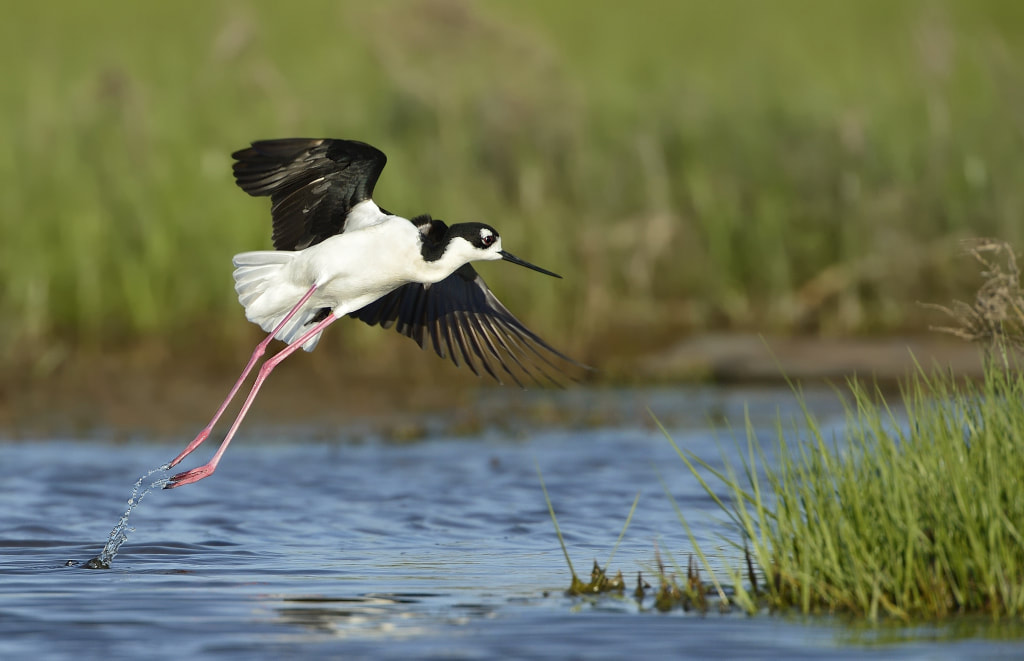
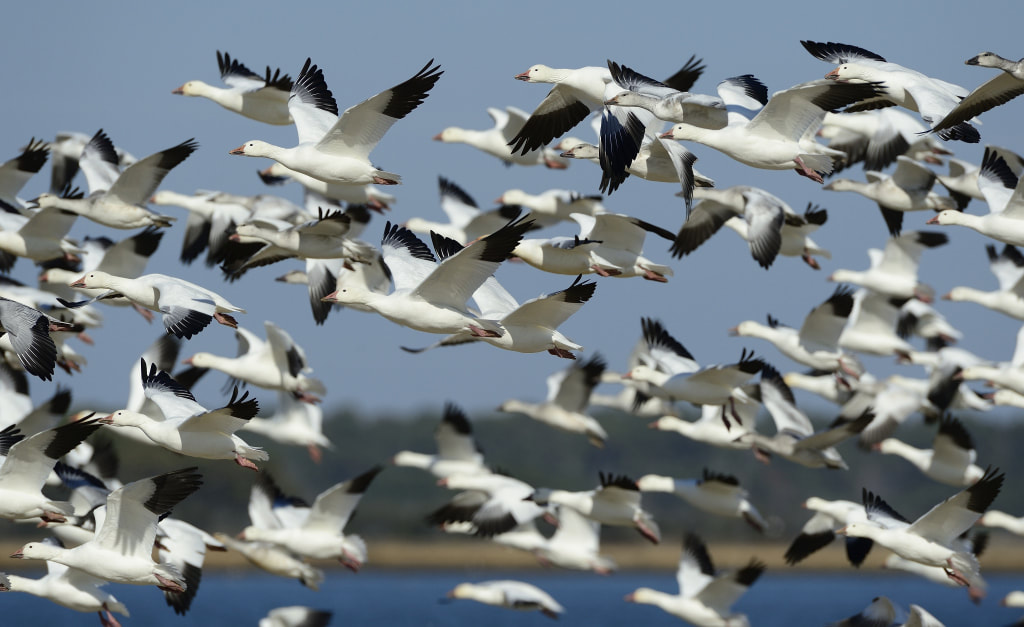
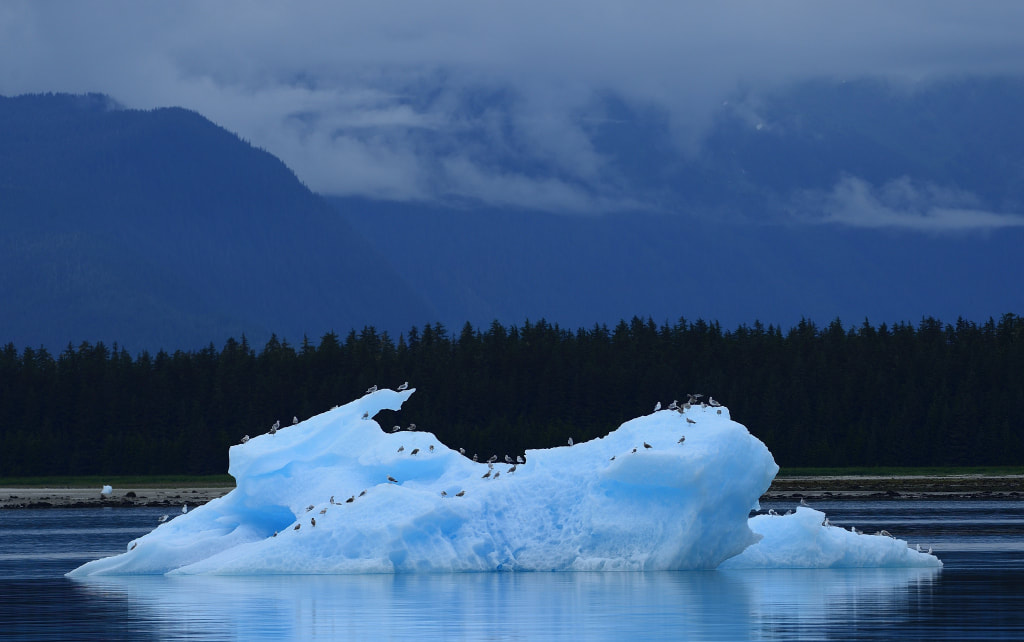
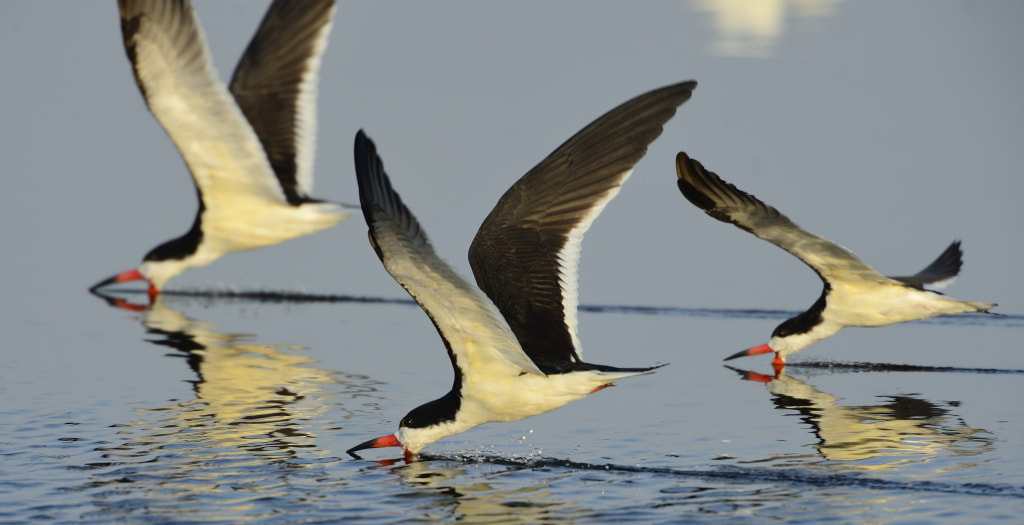
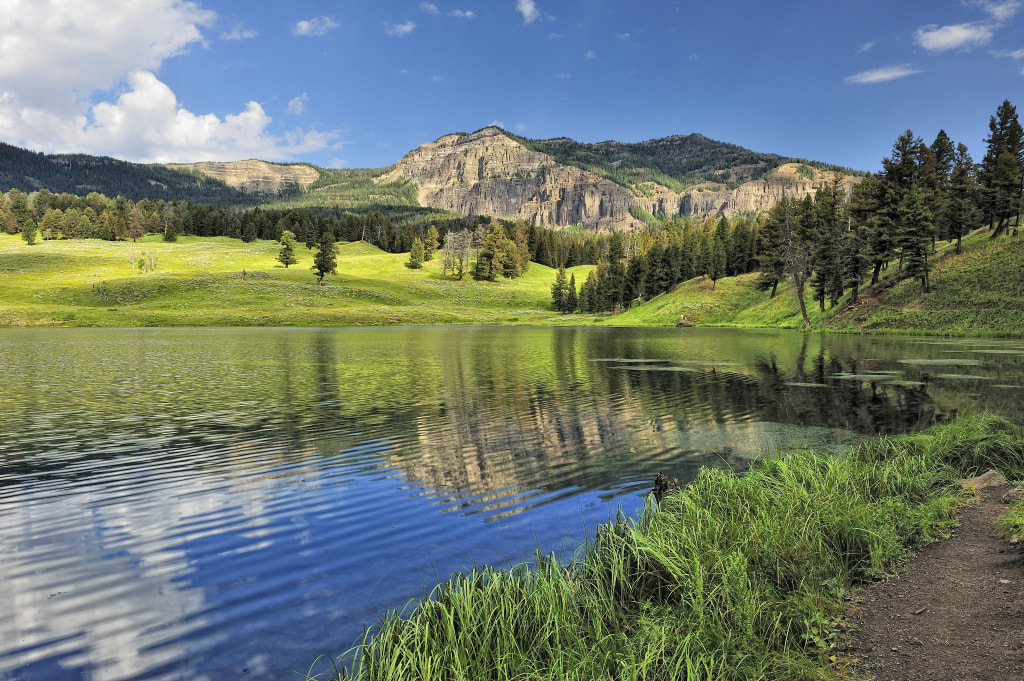
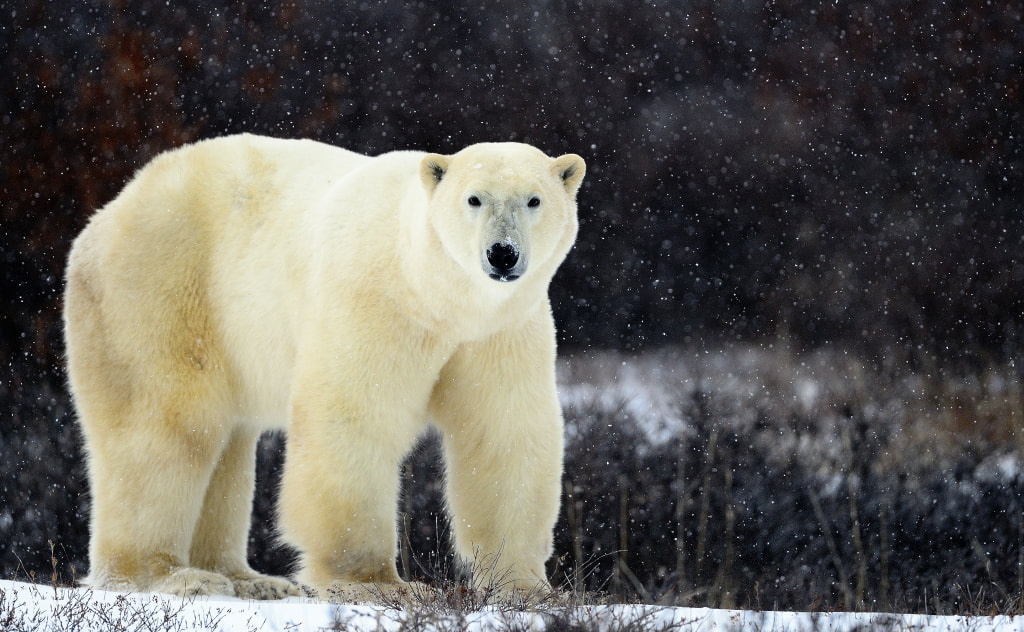
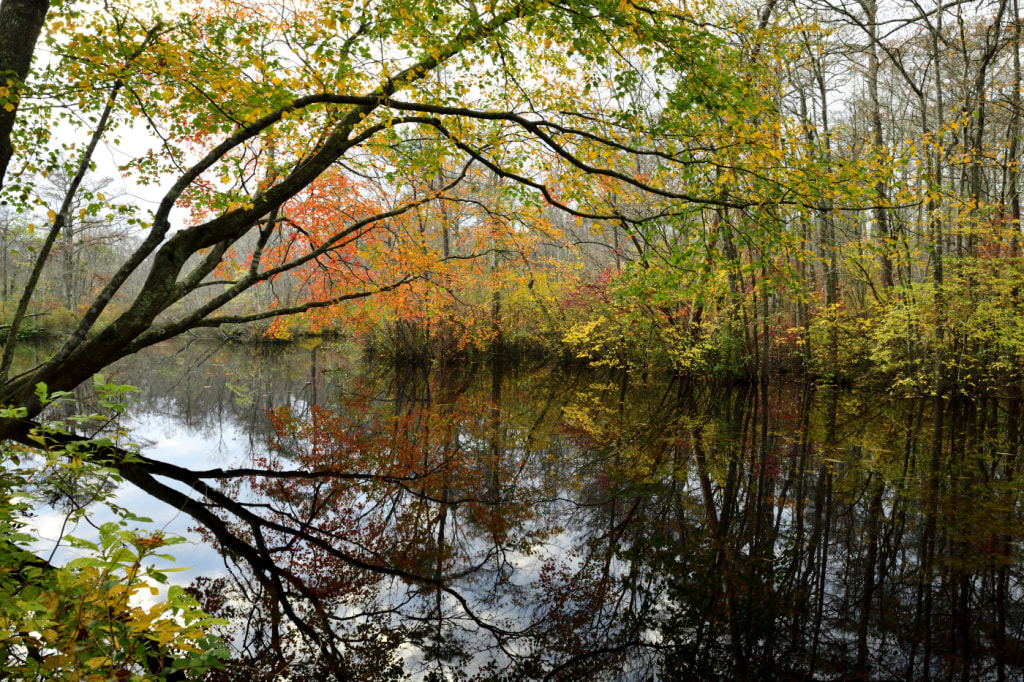
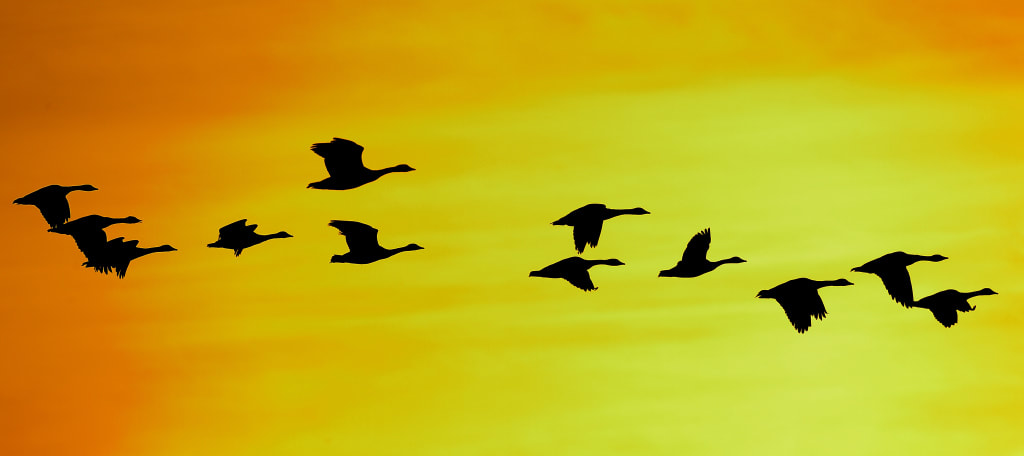
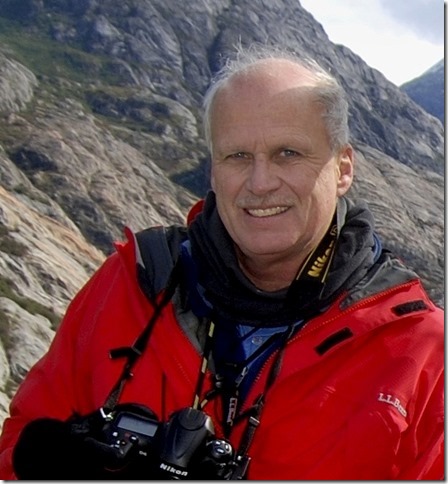
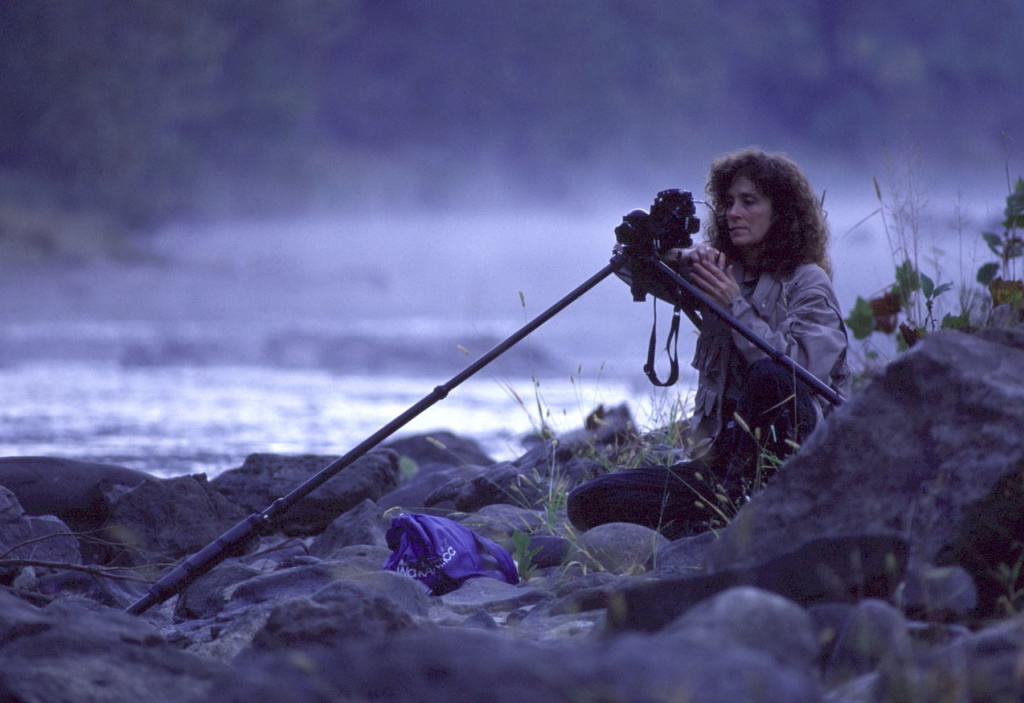

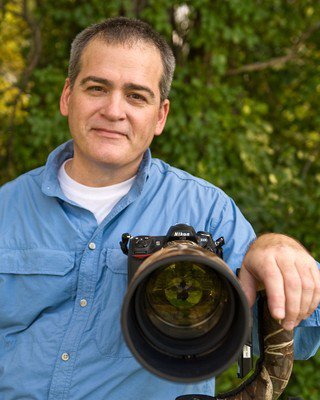
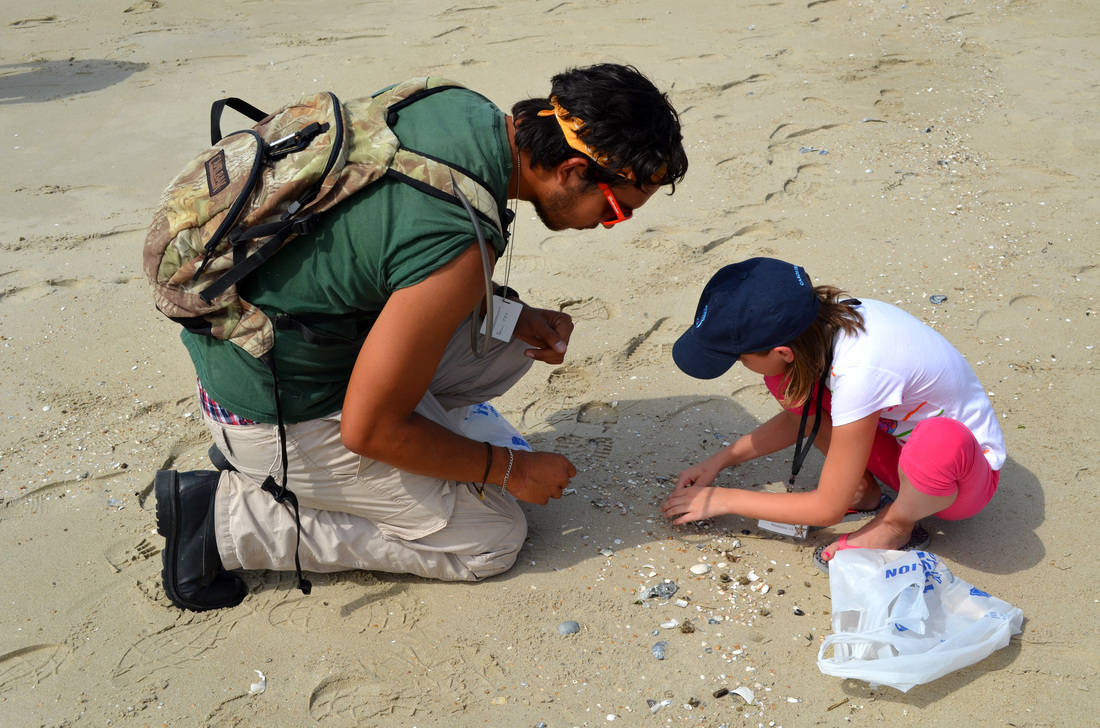
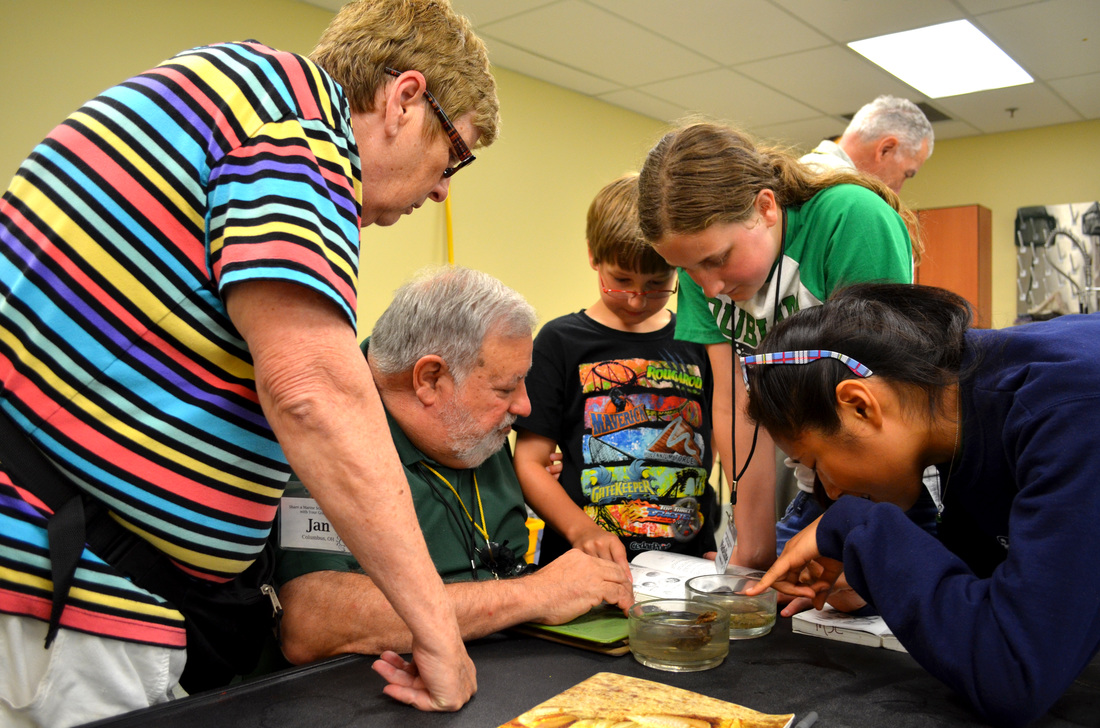
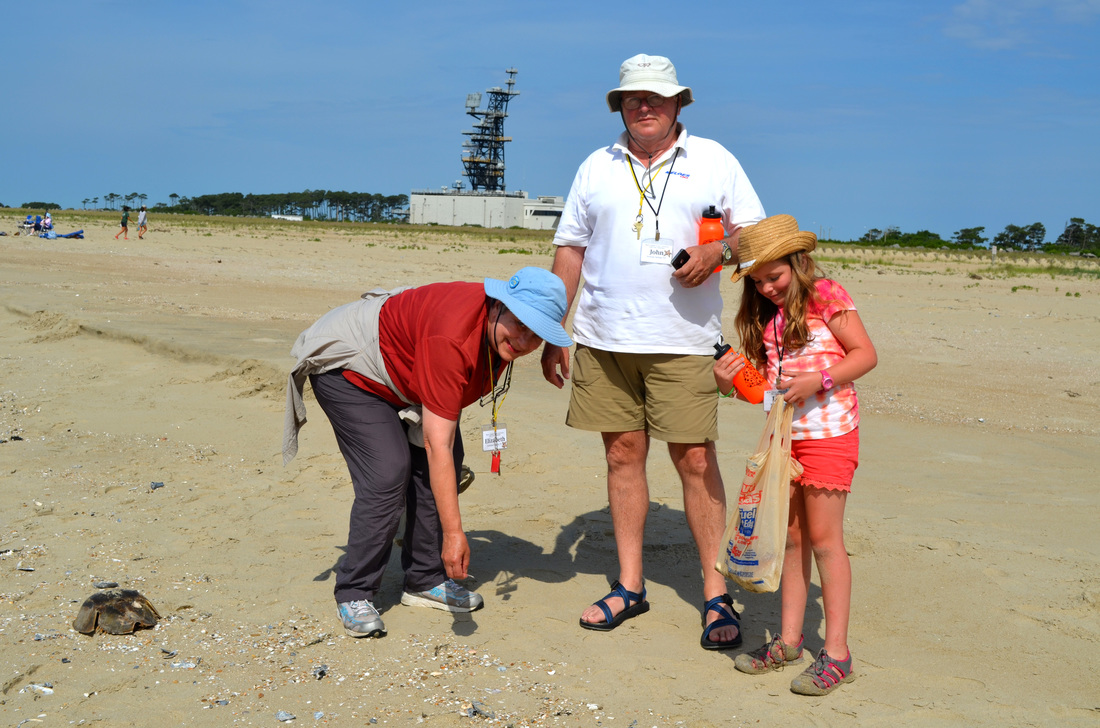
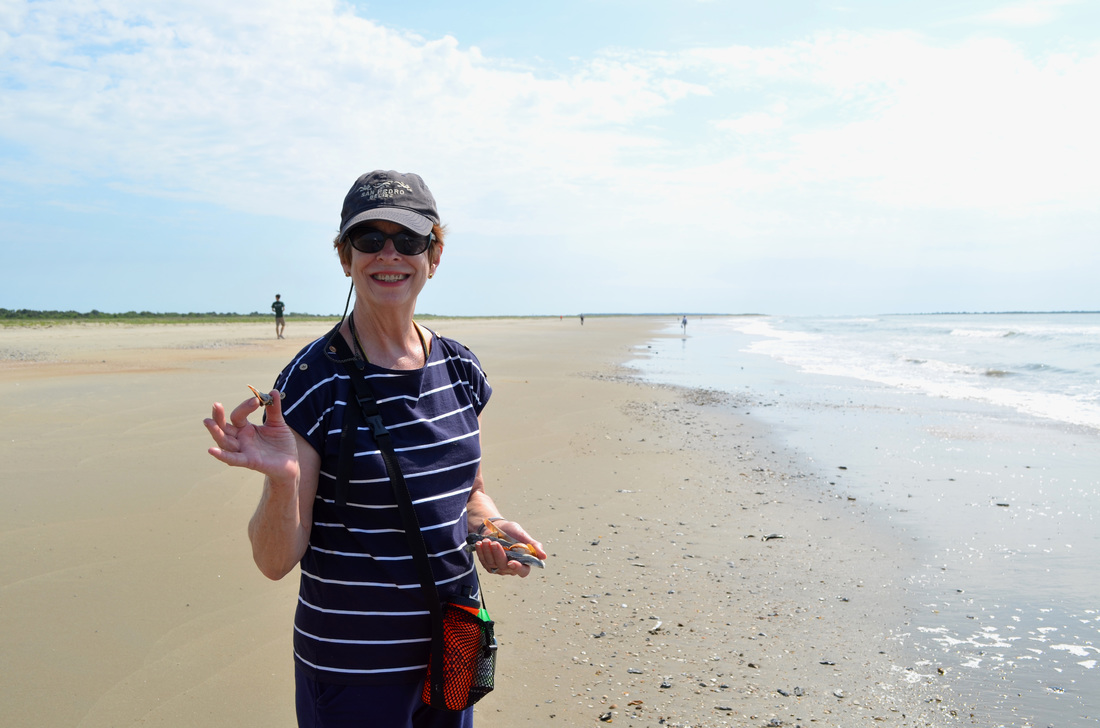
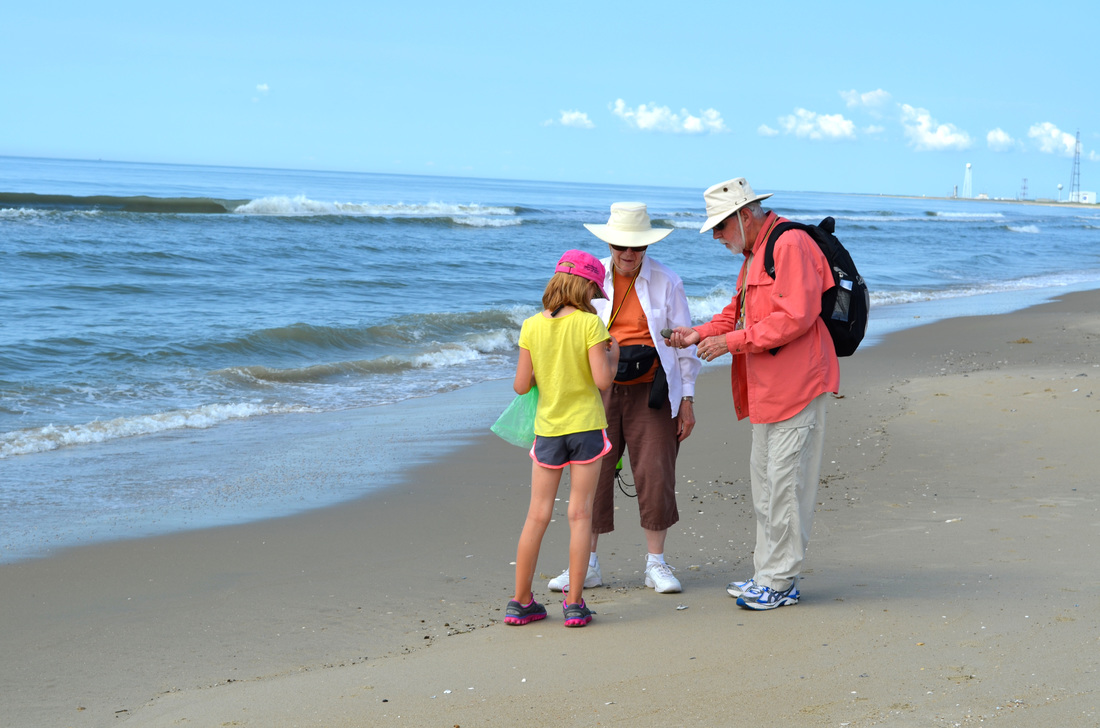
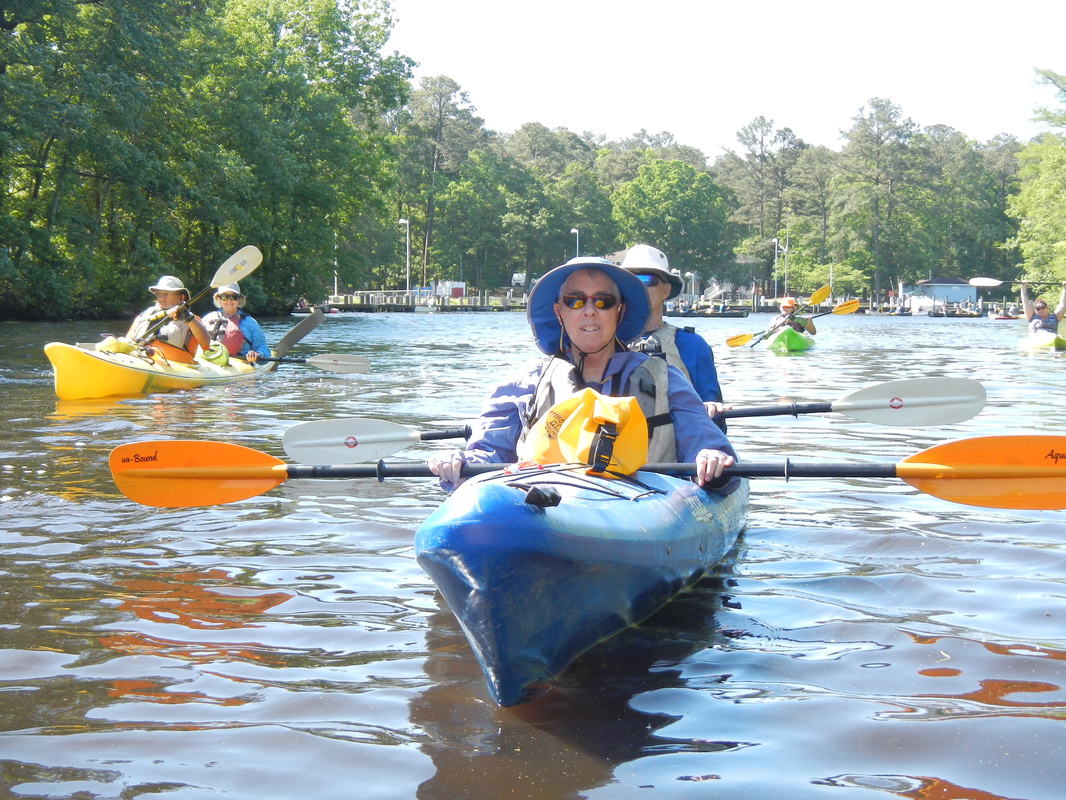
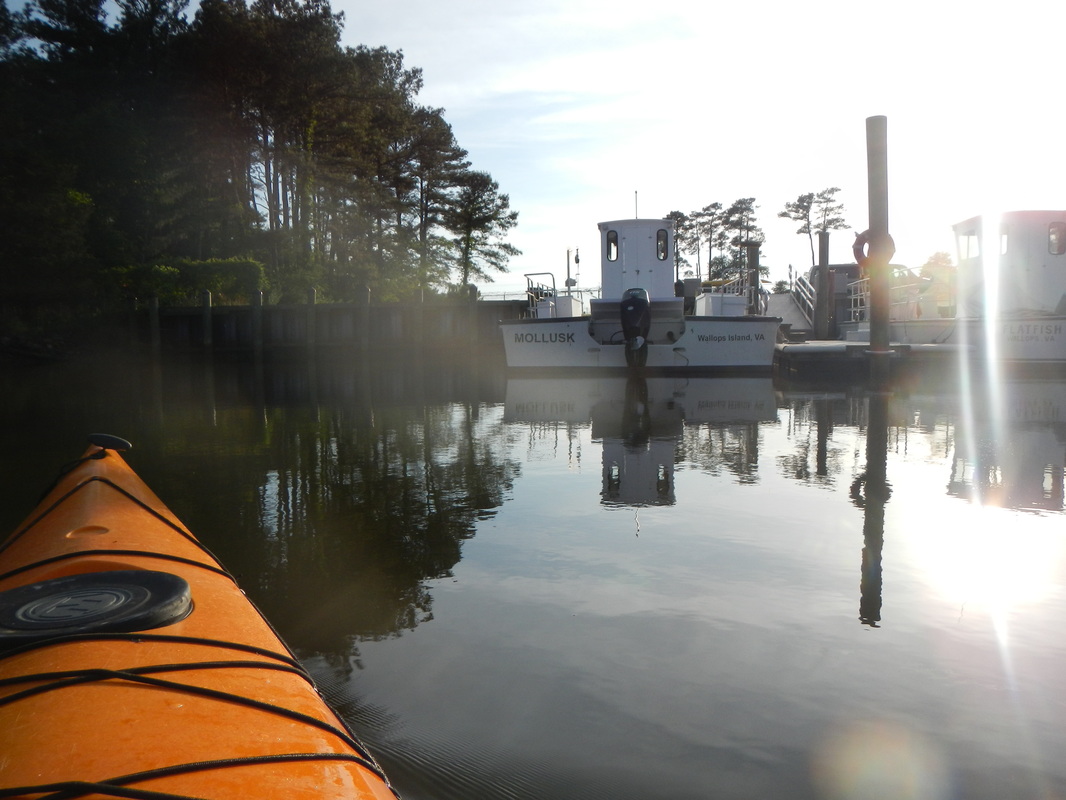
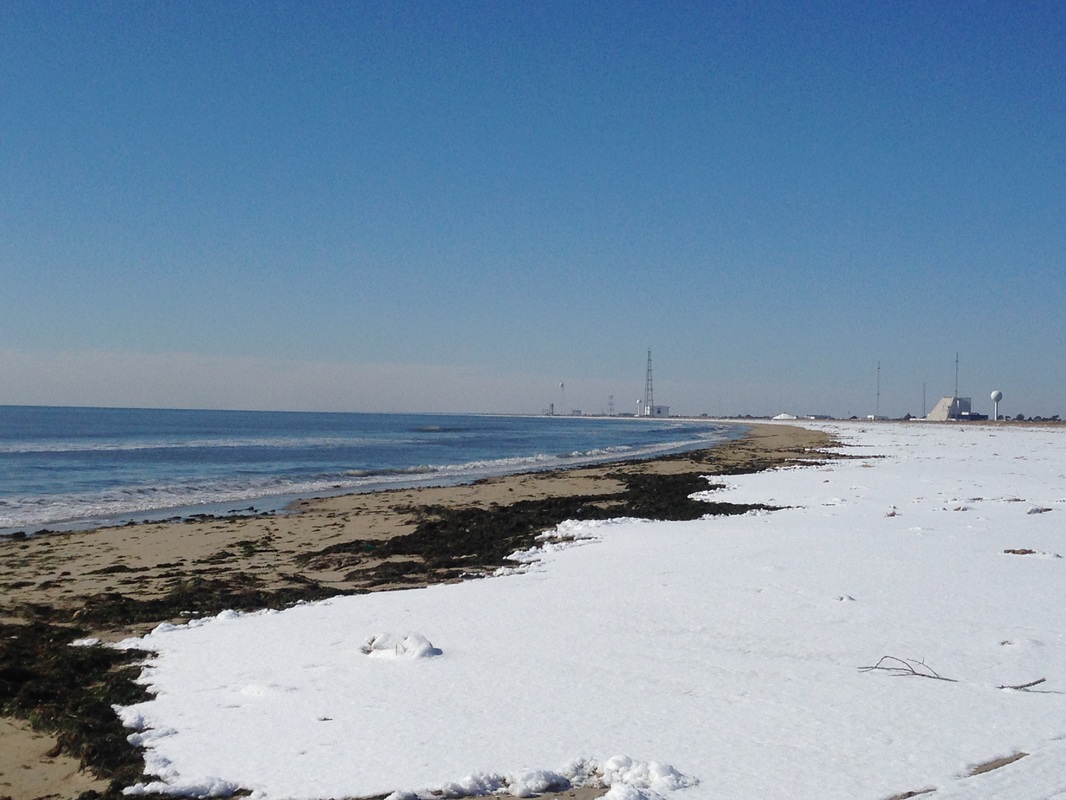
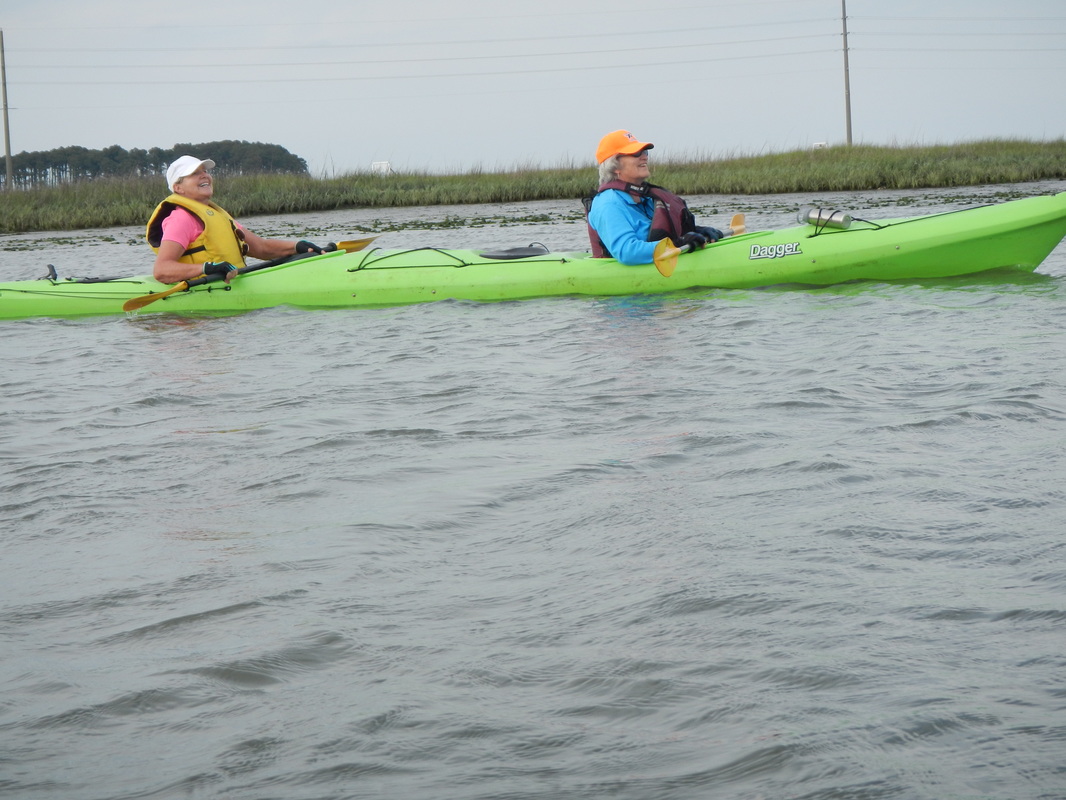
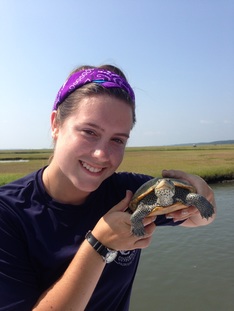
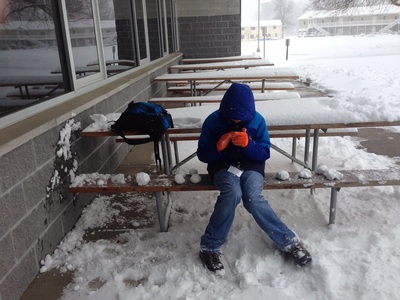
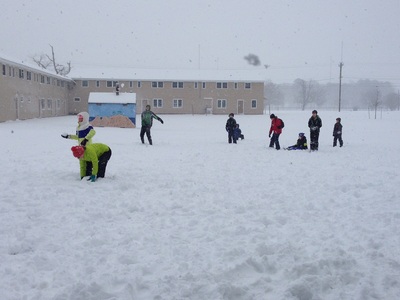
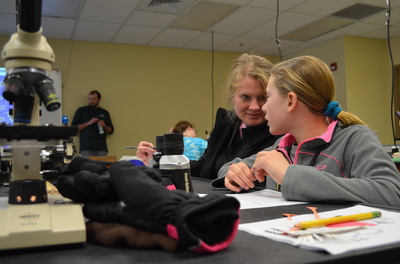
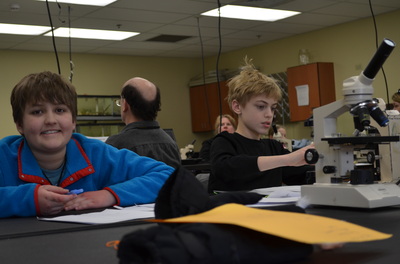
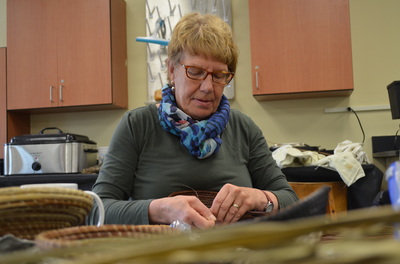
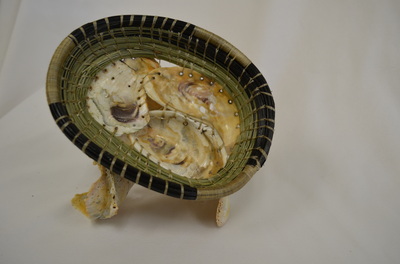
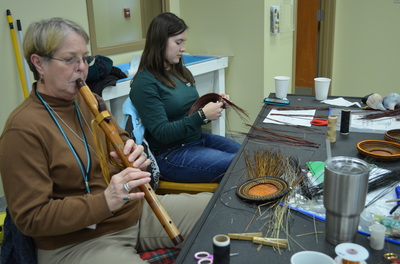
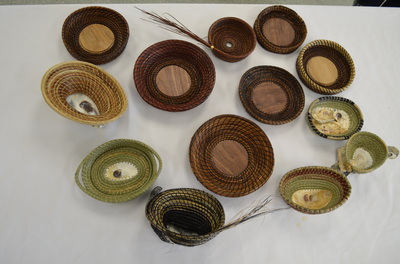
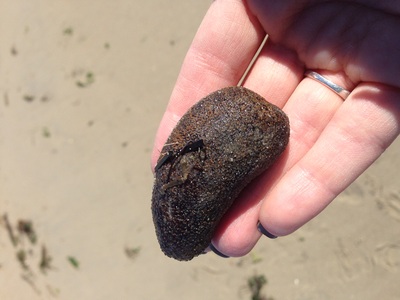
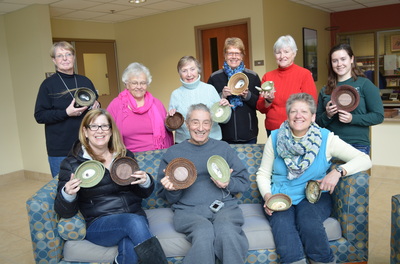
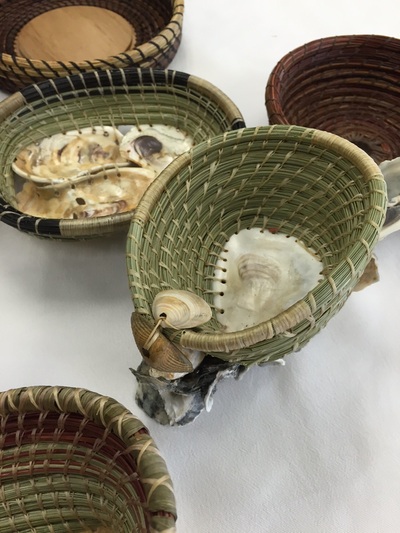
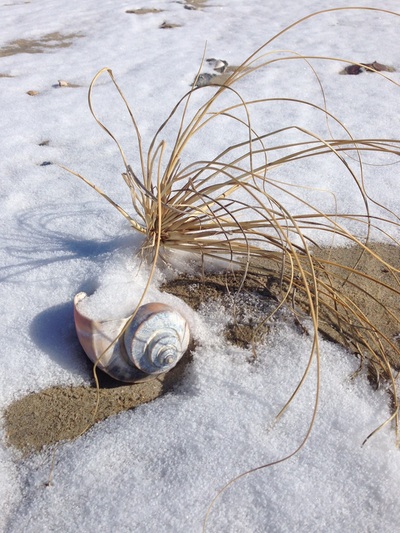
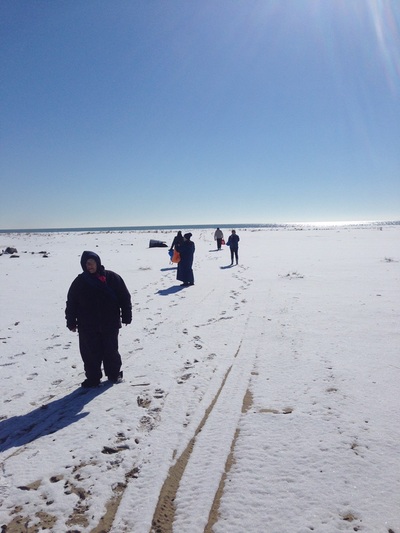
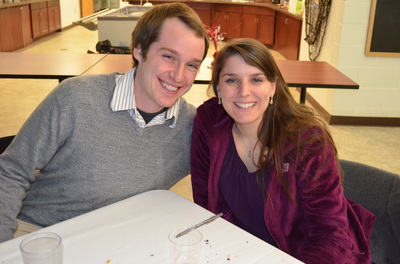
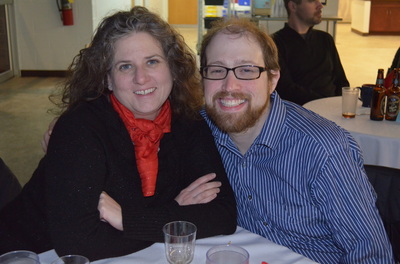
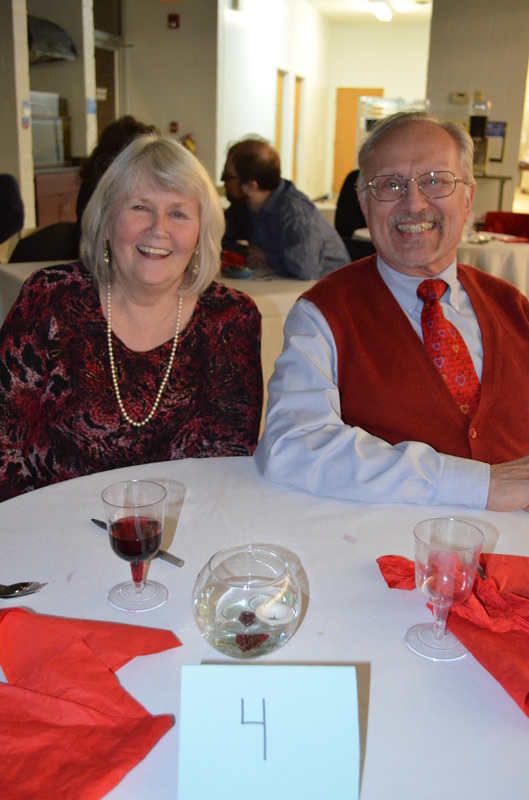
 RSS Feed
RSS Feed

